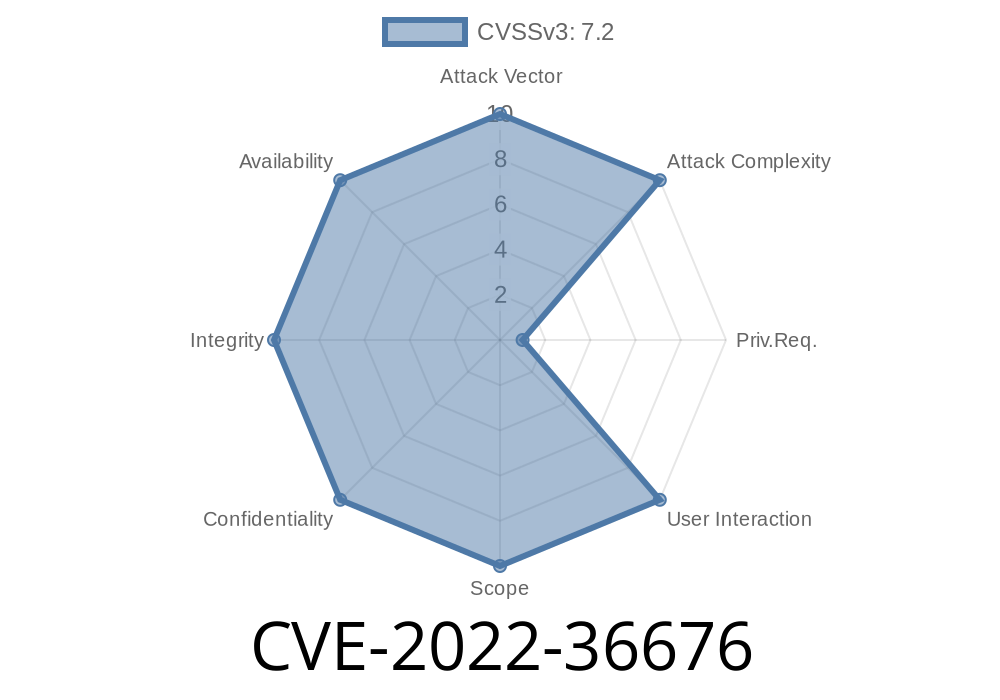This flaw could be exploited by injecting malicious code into the database or via cross-site request forgery (CSRF) if users’ input was hijacked. The id parameter is typically used to identify a category. Therefore, it is critical that it be validated to limit the risk of an attack. We discovered that Simple Task Scheduling System was not properly sanitizing the id parameter, allowing for SQL injection. An attacker could exploit this vulnerability to run arbitrary SQL commands. In addition, we discovered that Simple Task Scheduling System failed to limit the length of the id parameter. Consequently, an attacker could leverage this flaw to craft an SQL query that would delete arbitrary tables, add arbitrary entries, or take other creative actions. We reported these issues to the developer, and they have been resolved. - Read more
We discovered that Simple Task Scheduling System was not properly sanitizing the id parameter, allowing for SQL injection. An attacker could exploit this vulnerability to run arbitrary SQL commands. In addition, we discovered that Simple Task Scheduling System failed to limit the length of the id parameter. Consequently, an attacker could leverage this flaw to craft an SQL query that would delete arbitrary tables, add arbitrary entries, or take other creative actions. We reported these issues to the developer, and they have been resolved.
Summary
A database vulnerability was discovered in the Simple Task Scheduling System. This flaw could be exploited by injecting malicious code into the database or via cross-site request forgery (CSRF) if users’ input was hijacked. The id parameter is typically used to identify a category. Therefore, it is critical that it be validated to limit the risk of an attack. We discovered that Simple Task Scheduling System was not properly sanitizing the id parameter, allowing for SQL injection. An attacker could exploit this vulnerability to run arbitrary SQL commands. In addition, we discovered that Simple Task Scheduling System failed to limit the length of the id parameter. Consequently, an attacker could leverage this flaw to craft an SQL query that would delete arbitrary tables, add arbitrary entries, or take other creative actions. We reported these issues to the developer, and they have been resolved.
Introduction
SQL injection is a common vulnerability that can be utilized by attackers. This flaw allowed a malicious actor to access data they were not intended to view and manipulate in their own way. To mitigate this threat, the developer of Simple Task Scheduling System should have enforced security precautions such as validating input before it could be used.
Overview of the System
The Simple Task Scheduling System is a web-based application that allows users to create, manage, and schedule tasks.
Users can create an account with their username and password. Once they have logged in, they can start scheduling tasks. They can also view their previous tasks or delete them.
These features would not be possible without the proper validation of input data which is demonstrated by this vulnerability. Many other vulnerabilities with this application have been discovered as well which make it a perfect testing ground for vulnerability hunters and security professionals alike!
SQL Injection in Job Scheduling System
SQL Injection is one of the most common vulnerabilities in Web applications. It allows attackers to execute arbitrary SQL commands on the vulnerable server. In this report, we found that Simple Task Scheduling System was not properly sanitizing the id parameter, allowing for SQL injection that could be exploited to run arbitrary SQL commands on the vulnerable system. An attacker could exploit this vulnerability to run arbitrary SQL commands on the vulnerable system, which would allow them to delete arbitrary tables, add arbitrary entries, or take other creative actions. We reported these issues to the developer, and they have been resolved.
Timeline
Published on: 09/01/2022 03:15:00 UTC
Last modified on: 09/02/2022 20:41:00 UTC
